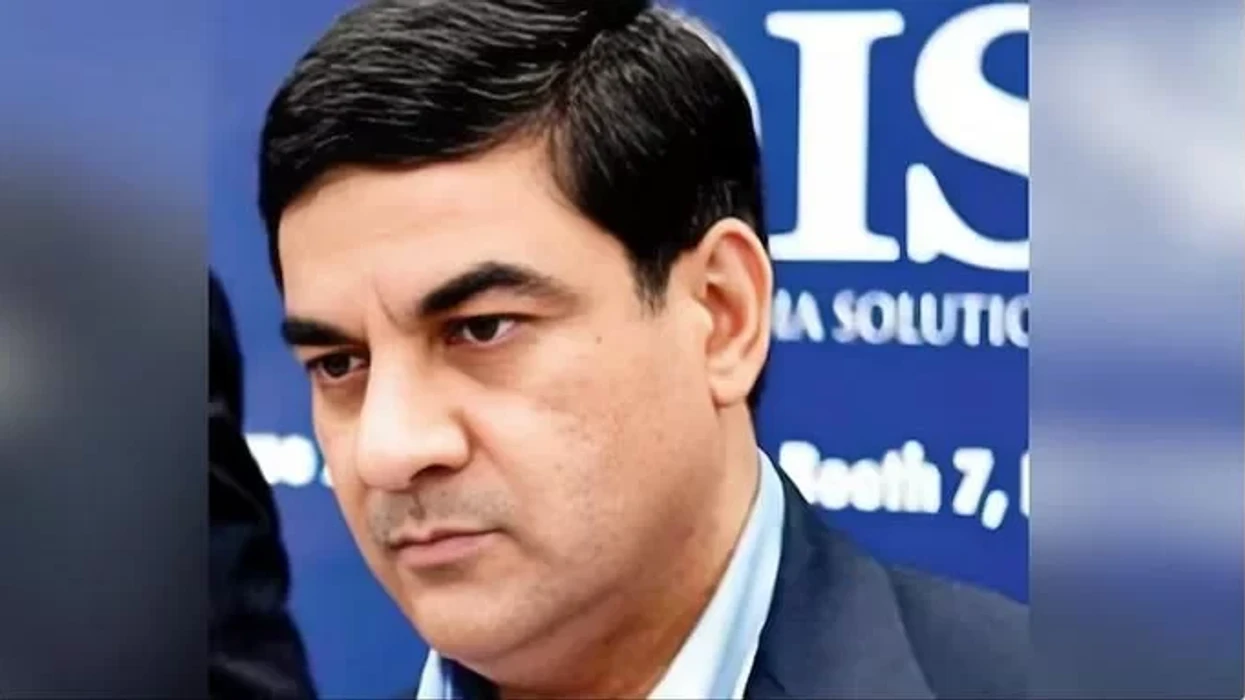ENGLAND’s leading exam board has picked Tanika Gupta’ famous Indian adaptation of Ibsen’s classic to be introduced to GCSE drama students as a part of its effort to “decolonise” the curriculum, a media report stated on Thursday (15).
Edexcel, which is owned by Pearson, has announced that from September, schools will be offered a suite of four new plays by authors from black, Asian and minority ethnic (BAME) backgrounds, that will be added to the existing list of eight possible set texts that schools can choose from, reports said. The current set includes classics such as Shakespeare’s Twelfth Night and Arthur Miller’s The Crucible.
Gupta’s Indian adaptation of Henrik Ibsen’s A Doll’s House, which is originally set in a small town in Norway, is picked as one of the four new plays.
The award-winning playwright’s Indian adaptation is set in colonial India. Nora, the main protagonist, becomes Niru, who is married to Englishman Tom Helmer, a Victorian patriarch type character, working for the British colonial administration in then Calcutta. The adaptation presents two different sides of British imperialism and also explores the role of Indian women at the time.
Apart from Gupta’s adaptation, Gone Too Far!, a play about race identity and youth culture by Bola Agbaje, who is of Nigerian origin, has also been chosen to be introduced to GCSE students. North Korean-based drama The Free9, written by In-Sook Chappell, who was born in Korea, will also be part of the curriculum.
The final addition to the list of set texts is a contemporary adaptation of the Greek tragedy Antigone by Roy Williams, who has Afro-Carribean heritage.
Apart from the plays, the GCSE poetry anthology will now also include the Pakistani-born Imtiaz Dharker and Grace Nichols, who is Guyanese.
The change comes after Pearson’s consultation with the London Theatre Consortium and the Royal Court Theatre who had called on exam boards to include at least two works by global majority playwrights in their set text lists for drama.
Katy Lewis, head of English, drama and languages, Pearson said: “We are committed to working with schools and young people to drive change and create learning environments that reflect the diversity of the modern world.
“We want all learners to see themselves in the literature they study; to find belonging, understanding, and value through representation, and to see our whole society fairly reflected. Our work does not stop here.”


















 Aurman Singh
Aurman Singh 
